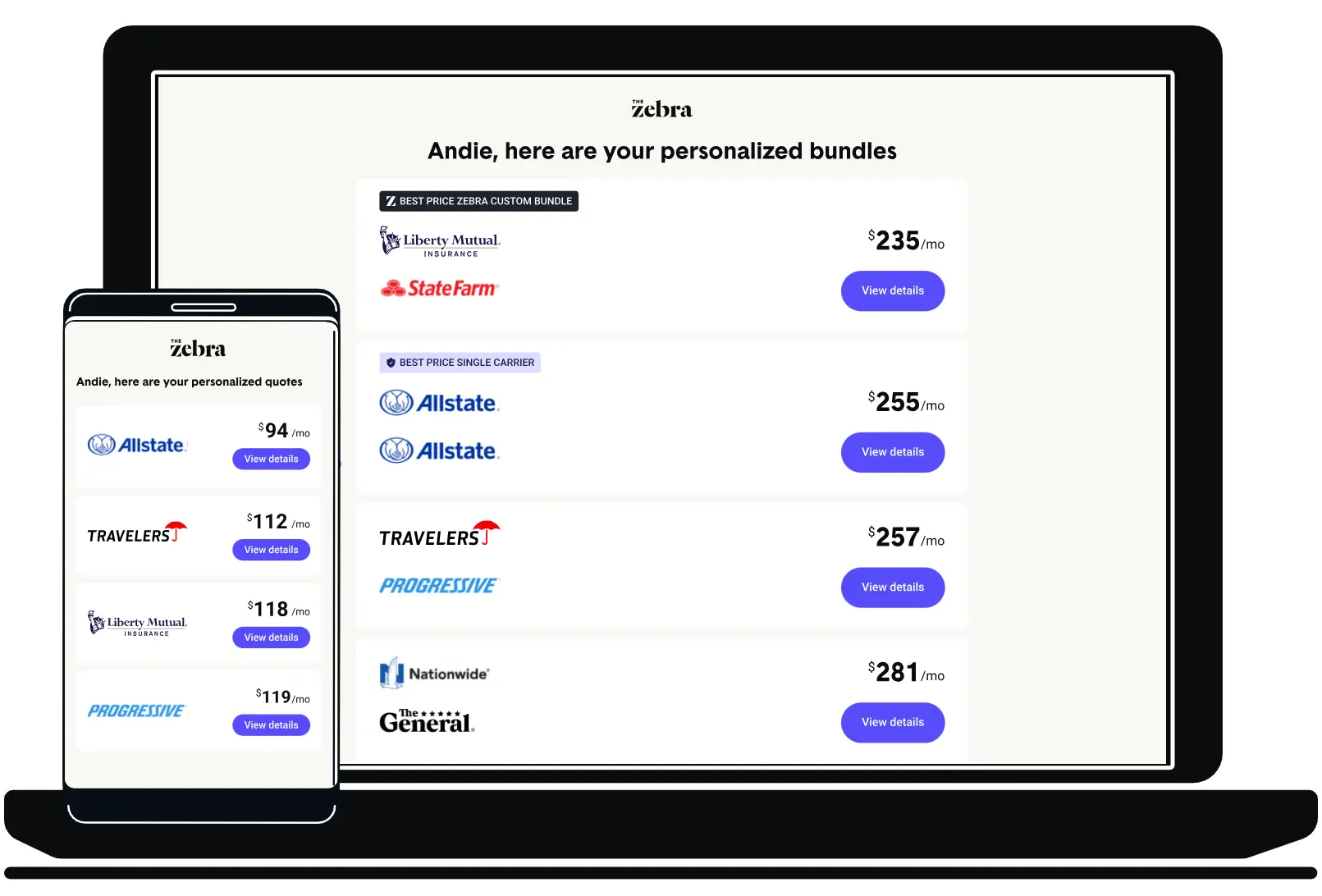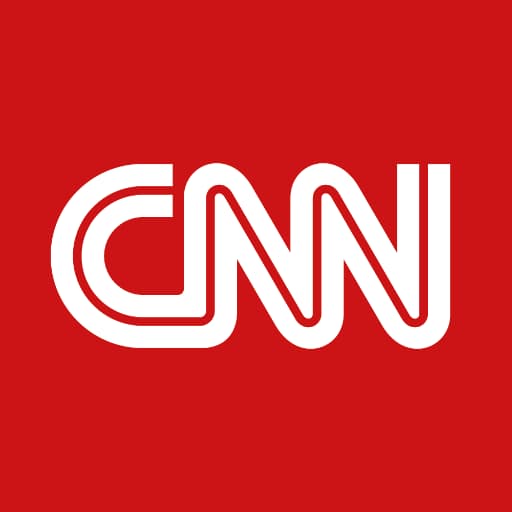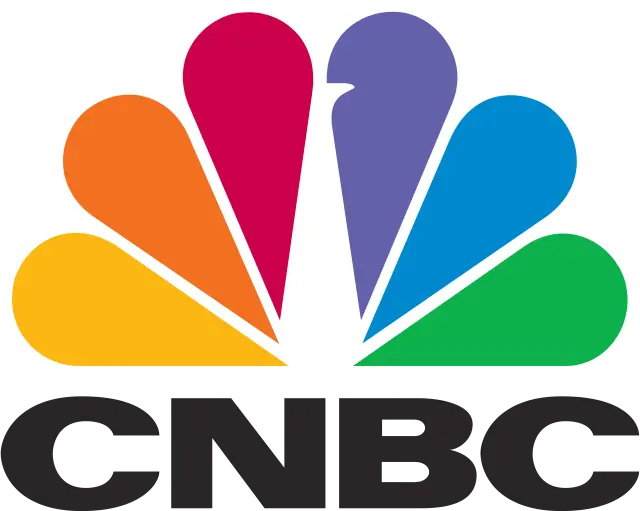No Down Payment Car Insurance
- Zero-down car insurance doesn't exist.
- Instead, lower your initial payment with a cheaper policy from companies like GEICO, Progressive, and more.
- No sales pitch. No spam calls. No junk mail.





How to get very cheap auto insurance with no deposit
You won't be able to get car insurance with no money upfront because car insurance companies won't take on the risk of insuring a driver who hasn't started paying their premiums.
Your down payment — or deposit as it's sometimes called — is typically included in your monthly payments. This initial amount is your bond with the insurance company, showing you're in it for the ride.
If you're among the 60% of visitors to this page needing insurance with the lowest possible down payment today, you're in the right place. We'll dive into why insurance deposits are required, how to get a lower down payment and the best car insurance companies for drivers looking for low upfront payments.
Key takeaways
- Zero-down car insurance is not offered by insurers
- Your "down payment" or "deposit" is just an initial payment applied to your overall premium with your first payment often larger to cover onboarding costs insurers face
- The cheaper your policy, the cheaper your down payment will be
- We recommend against pay-as-you-go insurance like Hugo as it can create gaps in your coverage that can have significant financial and legal consequences
How to lower your down payment
Lower your down payment by reducing your overall insurance rate, checking if your insurer lets you choose to pay for just the first 30 days upfront, carefully choosing your payment method and comparing car insurance quotes. See the details below.

The down payment for your auto insurance is typically just your first month's payment. This means getting "low deposit" car insurance is contingent upon getting a good insurance rate. We recommend filing claims wisely, avoiding unnecessary coverage and inquiring about discounts. Read more about these cost-cutting tips here.
Some companies offer choices between paying for the first 30 or 45 days as your deposit. If required to pay for the initial 45 (or more) days, ask about a 30-day option. Just remember that a higher downpayment upfront will result in lower monthly payments, as more of your overall premium has been paid at the beginning of the policy.
Auto insurers may charge service fees for certain payment plans or methods. Check with your insurance company to see if they offer fee-free payment methods. For example, setting up an automatic Electronic Funds Transfer often reduces or eliminates service fees.

As previously mentioned, a lower car insurance rate usually means a lower deposit. One of the easiest ways to find cheap insurance is to get quotes from multiple companies. The Zebra's quote tool compares over one hundred companies at once so you don't have to. Enter your ZIP code below to get started.
Compare companies with low down payments today!
What we don't recommend: pay-as-you-go car insurance
Pay-as-you-go car insurance, like that offered by Hugo, might look pretty tempting to those seeking no-deposit car insurance, especially if you don't drive often. However, we don't typically recommend it. Pay-as-you-go car insurance can put you at risk of gaps — or worse, a lapse in coverage.
For example, if anything happens to your parked car while your insurance isn't active, associated damage would likely not be covered. Plus, there's the risk of forgetting to activate your insurance before you zoom off which could land you in a heap of legal and financial trouble if you have an accident.
It's also worth noting that insurers are required to inform the DMV of a lapse in insurance if your insurance is "turned off" for seven or more days. This can lead to registration suspension and increased insurance rates.
Why do car insurance companies require down payments?
While a quick Google search will show options for no-deposit car insurance, it’s not really an option. This has to do with the way auto insurance functions. Car insurance coverage — and any form of insurance — is all about managing risks. The ideal customer for insurance companies is someone who doesn't make them too nervous about unexpected costs.
Now, if someone's not able to make an initial down payment, insurance companies might get a bit wary. They often see it as a sign that the person is just looking for instant car insurance to meet the bare minimum requirements — like getting their new car off the dealership lot or making sure their vehicle registration is up to snuff. In their eyes, that's a bit of a red flag; they worry that these customers might not stick around for long.
Furthermore, an insurer might worry that such clients would simply cancel the policy after a short time, posing a considerable risk. Some states have provisions that require insurers to report when a registered driver cancels their policy for any reason, which could lead to an expected bump in the road.
Why is my first car insurance payment more expensive?
The initial down payment covers your onboarding costs and administrative fees, such as running your full driving report. All onboarding costs are included in the total cost of your policy, but the higher price of your first payment ensures these administrative costs are covered in case you cancel your policy early. An initial larger payment also gives the carriers ample time to notify you should they decide to cancel your policy.
How much does a car insurance down payment cost?
It’s important to remember a down payment usually isn’t an additional premium — it’s built into your rate. This means whatever you pay as a down payment will be deducted from future monthly payments. Some insurance providers will require 30 to 45 days of premium in order to activate your insurance policy.
| Down Payment Amount | Monthly Installments |
|---|---|
| 10% or $60 | $108 monthly premium |
| 20% or $120 | $96 monthly premium |
| 30% or $180 | $84 monthly premium |
The larger the down payment you make upfront, the less your premium will cost on a monthly payment plan. You shouldn’t think of your down payment as an additional fee or a deposit but as a part of your premium going forward.
The exact lump sum you’ll be asked to provide for your down payment may vary according to your payment plan, so it’s hard to give an exact estimate. Some car insurance providers will allow you to choose from a range of down payment amounts.
"If you can't afford to put any money down on a policy, consider reaching out to a reputable advocacy group that focuses on income-based support for help. Some charities and non-profits can assist in financial binds, such as low-income relief programs for families experiencing hardships."
Alex D — Licensed insurance advisor at The Zebra
Stay in touch and subscribe!
Get advice, insights and tips from our newsletter.
How to save money on auto insurance
Although you might understand the necessity of a down payment, that doesn’t make the financial hardship any easier to bear. Note: remember that "cheap" car insurance is rarely the best for you. We always recommend aiming for the best coverage at the best value.
Also, if you are financing your vehicle, your lender can require physical damage coverage which is certainly going to lead to higher rates. That said, let’s get into some other ways to save on car insurance, starting with the cheapest car insurance companies.
1. Find the cheapest auto insurance company for you
While it’s hard to provide a precise car insurance quote without a driver's personal information, we discovered that USAA was the cheapest car insurance company for both full coverage and minimum liability-only, with all other metrics constant. Remember that USAA is limited to members of the military community and their families.
We at The Zebra do not recommend obtaining just the bare minimum liability coverage, as it leaves you at risk for loss. Higher coverage limits keep you better protected.
| Company | Avg. 6 Mo. Premium | Avg. Monthly Premium | Rank |
|---|---|---|---|
| USAA | $683 | $114 | 1 |
| Nationwide | $738 | $123 | 2 |
| GEICO | $771 | $129 | 3 |
| State Farm | $785 | $131 | 4 |
| Farmers | $893 | $149 | 5 |
| Progressive | $941 | $157 | 6 |
| Allstate | $1,206 | $201 | 7 |
| Company | Avg. 6 Mo. Premium | Avg. Monthly Premium |
|---|---|---|
| USAA | $217 | $36 |
| GEICO | $226 | $38 |
| State Farm | $291 | $49 |
| Nationwide | $301 | $50 |
| Progressive | $346 | $58 |
| Farmers | $359 | $60 |
| Allstate | $364 | $61 |
The Zebra’s Dynamic Insurance Rating Tool data methodology
The Zebra’s Dynamic Insurance Rating Tool for home and auto insurance rates utilizes the latest ZIP code-level rate filings from across the U.S., sourced from Quadrant Information Services and S&P Global. These filings, typically updated annually or biennially by insurers, are verified through Quadrant’s QA process and then integrated into The Zebra’s estimator.
The displayed rates are based on a dynamic home and auto profile designed to reflect the content of the page. This profile is tailored to match specific factors such as age, location, and coverage level, which are adjusted based on the page content to show how these variables can impact premiums.
For a comprehensive understanding, see our detailed methodology.
2. File claims wisely
The phrase, “use it or lose it” doesn't apply to car insurance. The less you use your auto insurance policy, the cheaper it gets. This is because of the way car insurers assess premiums after you file a claim. While the amount of the increase depends on the value of the claim, your state and your insurance provider, you'll be paying for it over three years.
For this reason, it's better to pay for small claims out of pocket to avoid huge rate increases.
At times, you'll have to use your car insurance — for example, if you’re at fault in a collision, you are required to file a police report with proof of coverage. In this situation, you're obligated to give your insurance information to the not-at-fault party. This documentation can help protect you against questionable claims that might appear.
Another reason might be if the damage is greater than the premium increase you would receive.
Should you file an auto claim?
Here are some tips to help you calculate whether to file a claim or not:
- Get an estimate for the cost of repairs at a mechanic.
- Use our car insurance claims calculator to help determine if the associated costs make it worth filing a claim.
- If it’s cheaper to pay for the damage out-of-pocket, do that.
| Increase at 6 Months | Increase at 12 Months | Increase at 3 Years |
|---|---|---|
| +$384 | +$767 | +$2,301 |
The above shows the total cumulative cost in excess car insurance premiums over three years, as that’s how long most insurance companies will penalize you for most violations and at-fault accidents.
3. Choose the correct coverage
As your vehicle ages, re-evaluate how much coverage you need. You might be paying for insurance coverage that your vehicle’s age and value don’t merit.
A general rule of thumb for car insurance: if your vehicle is worth less than $4,000, you probably don't need collision and comprehensive insurance coverage. These coverage options, also known as physical coverage, are designed to protect your physical vehicle. But if your car isn’t worth as much anymore, you might be paying for auto insurance coverage you don't need. This likely contributes to why 33% of our customers opt for only the legally required liability coverage.
See the chart below to see how drastically your rate can go up if you get full coverage and high limits.
| Coverage | Avg. 6 Mo. Premium | Avg. Monthly Premium |
|---|---|---|
| State Minimum Liability Only | $298 | $50 |
| 50/100/50 BI/PD with $1,000 Deductible | $777 | $129 |
| 50/100/50 BI/PD with $500 Deductible | $880 | $147 |
On average, physical coverage makes up about half of your premium amount. If, however, your car is worth more than $4,000, consider raising your deductibles. As you can see above, if you raise your deductible, you lower your car insurance rates.
Comprehensive coverage — also known as other-than-collision coverage — is also worth considering on its own if full coverage is too costly. Comprehensive is often less expensive than collision and covers against perils such as fire, flood, theft or animal collisions.
4. Find insurance discounts
Most insurance companies offer similar discounts and many times they are automatically added to your policy. But just in case, here are some standard discounts you may qualify for. While they might not make a huge financial impact individually, they can add up to help you save money on your annual premium.
- Good driver discount
- Student discount
- Paperless discount
- Multi-policy discount
- Payment by bank account
- Paid in full discount
- Multi-vehicle discount
- Telematics programs
- In-vehicle safety devices
- Senior citizens discounts
In summary
No standard car insurance company will advertise “no deposit auto insurance." In the eyes of an insurer, zero-down payment policies are risky and attract high-risk drivers. Still, there are other ways to save. While avoiding claims and choosing the right coverage for your vehicle are great ways to start, the best way to find affordable car insurance is to shop as many options as possible.
Compare auto insurance quotes and find the policy that fits you!
Auto insurance with no down payment — FAQs
Related Content
- Can You Get Car Insurance without an Address?
- Car Insurance Without a VIN
- Are Car Insurance Rates Negotiable?
- Car Insurance Without a Social Security Number
- Best Time to Shop for Car Insurance Quotes
- Are Car Insurance Rates Going Up in 2023?
- Best Car Insurance for a Learner's Permit
- Car Insurance Rates by City
- How to Get Anonymous Car Insurance Quotes
- Car Insurance with an Open Claim
About The Zebra
The Zebra is not an insurance company. We publish data-backed, expert-reviewed resources to help consumers make more informed insurance decisions.
- The Zebra’s insurance content is written and reviewed for accuracy by licensed insurance agents.
- The Zebra’s insurance editorial content is not subject to review or alteration by insurance companies or partners.
- The Zebra’s editorial team operates independently of the company’s partnerships and commercialization interests, publishing unbiased information for consumer benefit.
- The auto insurance rates published on The Zebra’s pages are based on a comprehensive analysis of car insurance pricing data, evaluating more than 83 million insurance rates from across the United States.


